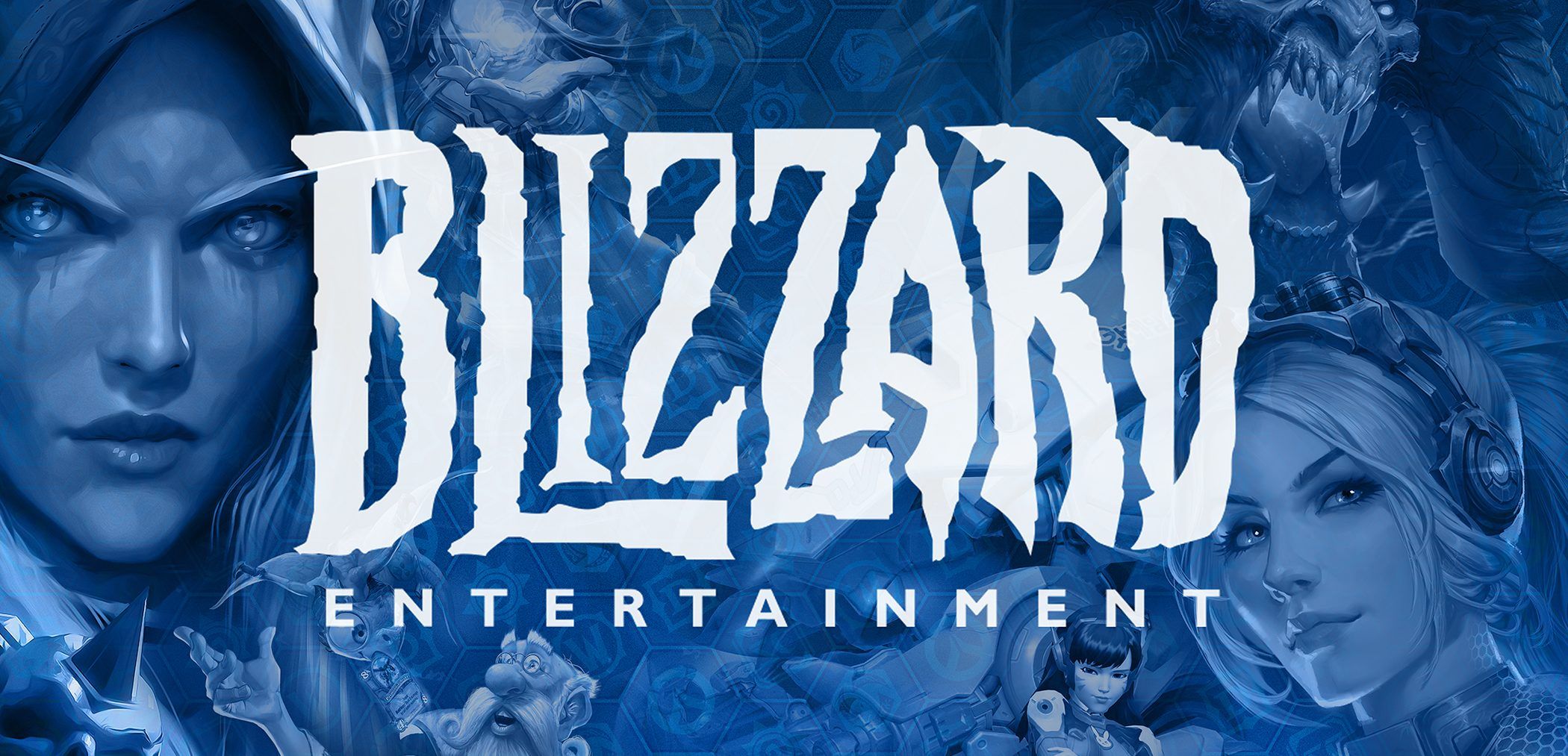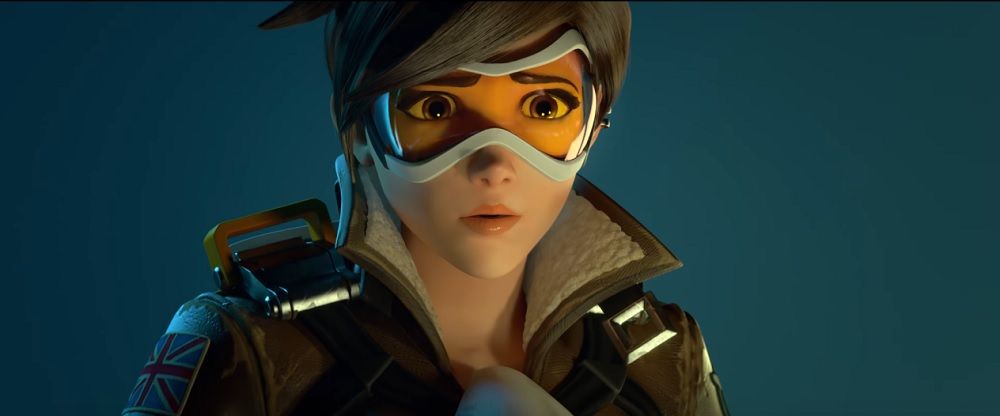Blizzard may be a dominant force in the gaming industry today, but according to the company’s co-founder, that success came at a price. A darn big one, from the employees’ perspective.
Now, we’re all huge fans of gaming. That’s why we’re here, after all; a shared passion keeps us all playing, watching big industry shows like E3 and screeching like howler monkeys when we see Banjo and Kazooie confirmed to be joining Super Smash Bros. Ultimate later this year. Despite this passion, though, even those of us most dedicated to the cause have to admit that the gaming industry is a darn tough one to love.
Every week, there’s a new controversy. Microtransactions, season pass shenanigans, toxic communities, popular streamers using their influence to spread negativity… it’s rough around here at times, isn’t it? The latest boogeyman to hit the industry is ‘crunch,’ overtime forced on employees in order to get games out and making money faster. Big devs like NetherRealm have been accused of foisting 100-hour work weeks on their staff.
Of course, this is several different kinds of uncool all rolled into one. The Mortal Kombat devs have started taking steps on this front, issuing surveys to their workers, but there’s a lot of work still to be done. When we see the Borderlands 3 team proudly claiming that no crunch was involved in the development of their game, we see just how widespread the issue has become. It sounds like crunch is more the rule than the exception.
Which brings us back to Blizzard. As Eurogamer reports, co-founder Mike Morhaime had some very interesting remarks about crunch when he spoke to the site at Gamelab. Specifically, that the World of Warcraft/Overwatch titan was built on it. As Morhaime put it:
"Blizzard has definitely evolved around crunch… in our early days we crunched crazy hours to get the games done. I think if you're a small studio, you're living or dying by the success of the next project, it takes a lot of superhuman effort - or at least it did for us… I don't think we would have been as successful if we hadn't put in everything that we had."
As things get more and more competitive in the industry, it’s clear to see how things could end up this way. The important thing is to remember just how much harm this attitude can do workers (in the gaming industry and beyond) and keep things healthy.
Nintendo, for instance, chose to delay Animal Crossing: New Horizons Until March 2020, so that developers could actually enjoy a work-life balance during the process (as reported by Nintendo Life). That’s something that even the most entitled of us should probably be able to get behind.


